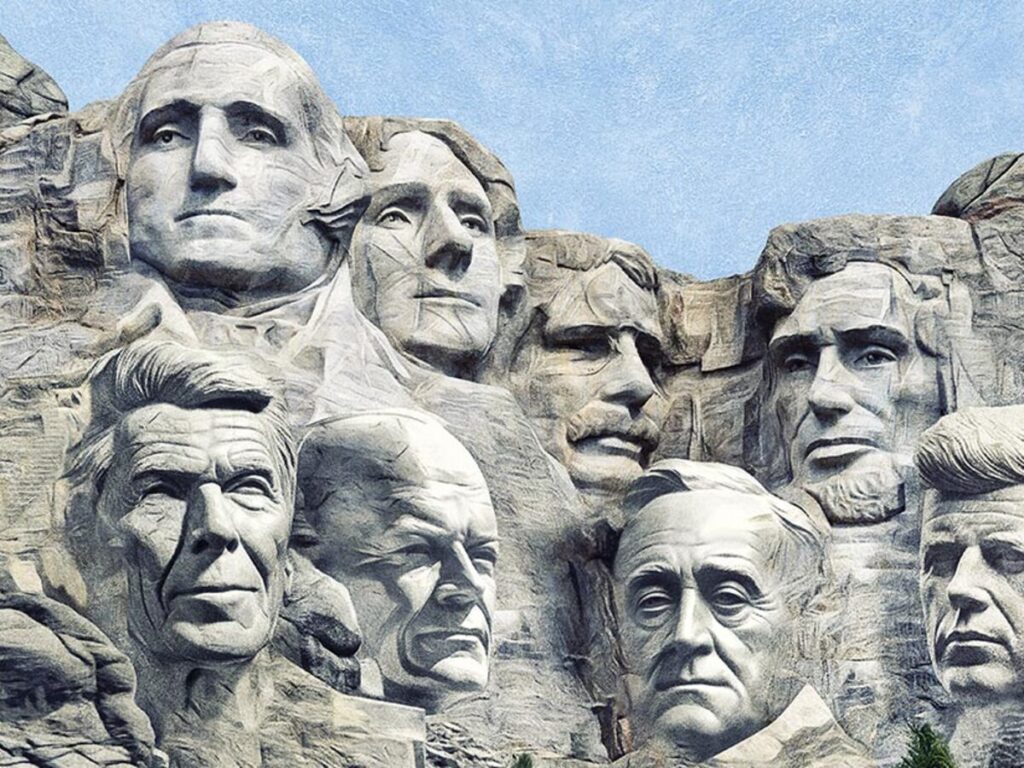
In a 2016 poll entitled “What Voters Want in a President Today,” Pew Research reported that “more than a year before the first primaries, more voters valued a hypothetical candidate with ‘experience and a proven record’ (50%) than one who had ‘new ideas and a different approach’ (43%). Six months later, those numbers had flipped – 55% said it was more important for a candidate to have new ideas, while 37% valued experience and a proven record.”
In 2018, Psychology Today asked, “What Kind of President Do We Need?”
Note: Pew asked voters what they want; Psychology Today asked what we need.
In our current political model, I have no idea how or if we can reconcile what voters want with what the country truly needs. The gap between desires and necessities seems wider than ever, leaving us to wonder whether future elections will be driven by short-term interests or long-term vision.
While researching past presidents, I compiled a list of notable names and their distinctive qualifications—gleaned from historians’ biographies—that were crucial to their leadership during their time in office. Can you spot a common thread?
George Washington—Integrity and Leadership: Washington (the only president not affiliated with any political party), set the standard for presidential conduct. His leadership was marked by his efforts to unify a new nation and maintain neutrality in foreign conflicts.
Abraham Lincoln—Integrity and Honesty, Leadership, and Decisiveness: Known as “Honest Abe,” Lincoln was admired for his moral character and commitment to justice. His leadership and decisiveness were evident in preserving the Union. His vision for a nation free of slavery culminated in the Emancipation Proclamation and the 13th Amendment.
Franklin D. Roosevelt—Integrity and Honesty, Leadership and Decisiveness: FDR led the country through both the Great Depression and World War II with decisive action, including the New Deal programs that aimed to provide relief, recovery, and reform. He maintained a strong connection with the American people through his “Fireside Chats,” promoting transparency and confidence.
Dwight D. Eisenhower—Integrity and Leadership, Decisiveness, and Vision: As the former Supreme Allied Commander in World War II, Eisenhower was known for his integrity and ability to unite people across political lines. Eisenhower navigated the complexities of the Cold War with deliberate restraint and developed a strong national defense while promoting infrastructure projects like the Interstate Highway System.
Ronald Reagan—Integrity and Leadership, Decisiveness, and Vision: Known as the “Great Communicator,” Reagan articulated a vision of smaller government, lower taxes, and a stronger national defense, and he is credited with playing a significant role in ending the Cold War through his strong stance against the Soviet Union. While his presidency faced challenges like the Iran-Contra affair, Reagan remained personally popular for his optimistic outlook and direct communication with the American public.
John F. Kennedy—Integrity and Honesty, Leadership and Vision and Decisiveness: Kennedy inspired the nation with his vision for a “New Frontier,” which included civil rights, space exploration, and social progress. His handling of the Cuban Missile Crisis was an example of courageous and calculated decision-making that avoided a potential nuclear conflict. Kennedy’s Inaugural address, “Ask not what your country can do for you—ask what you can do for your country,” reflected a commitment to service and national unity.
Each of these presidents is remembered for different reasons. Still, all displayed qualities that continue to resonate with what Americans traditionally seek in a leader: integrity, character, and decisive leadership.
Can, we as a nation, rally around those values once again?
Comments
Leave a Comment

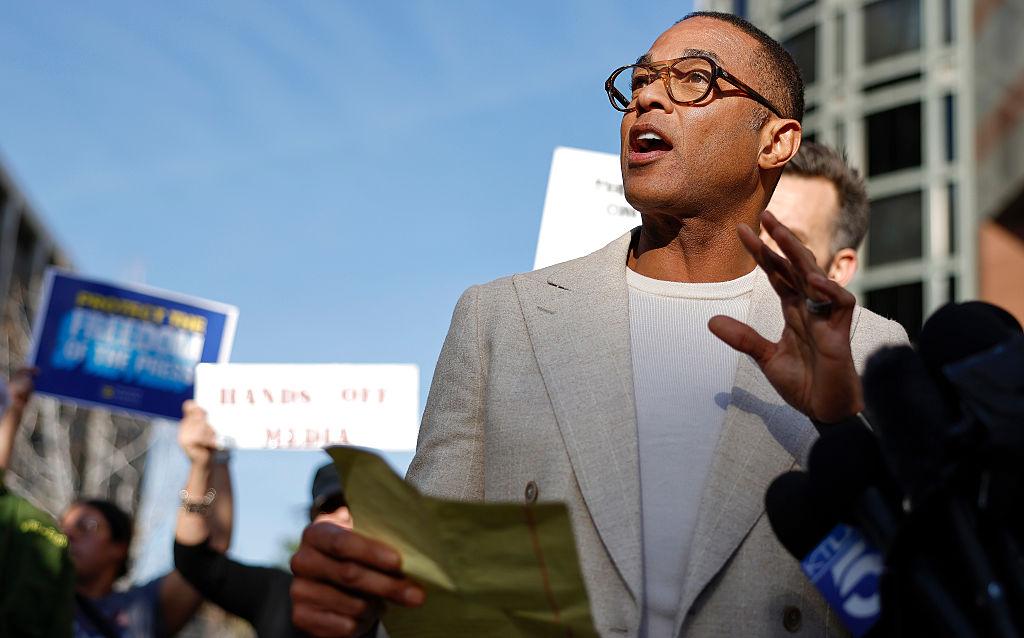
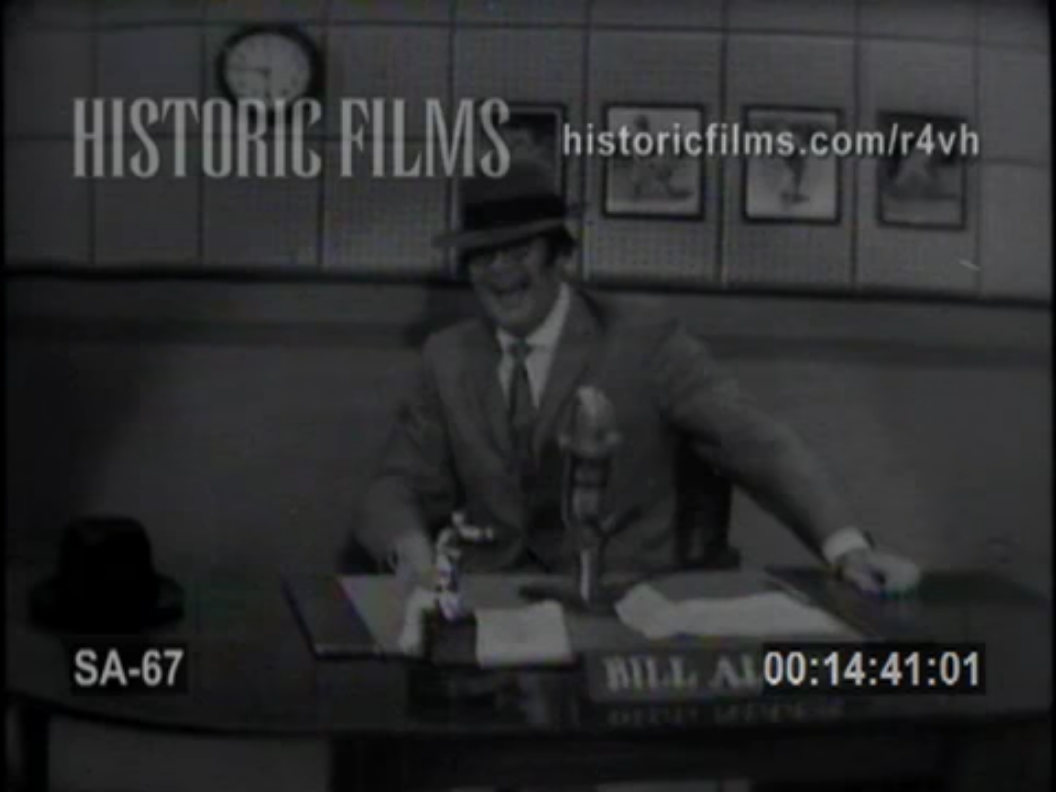
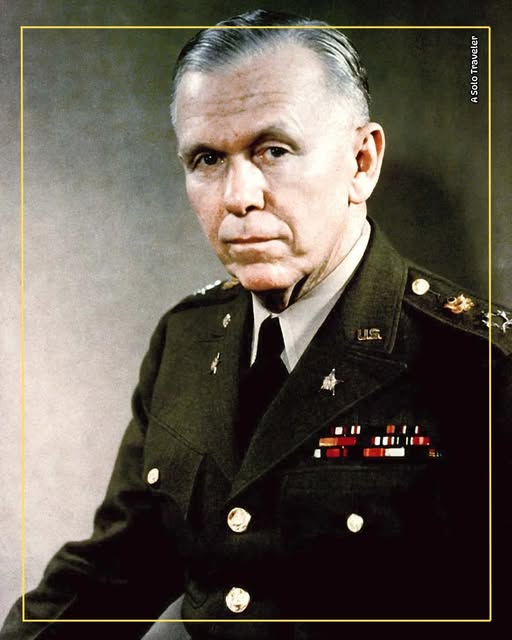
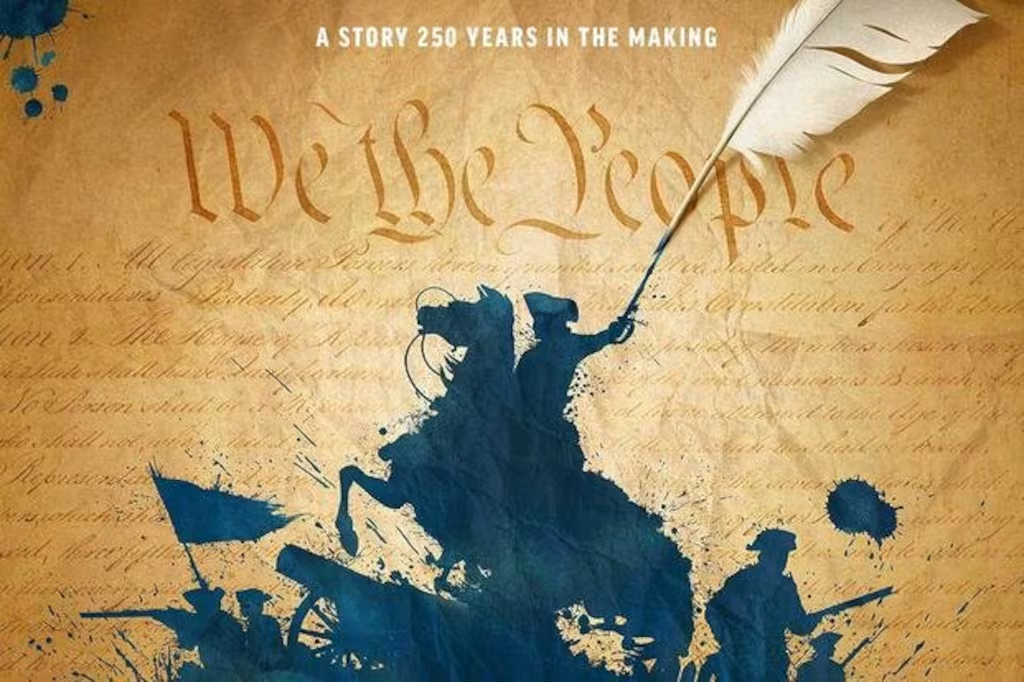



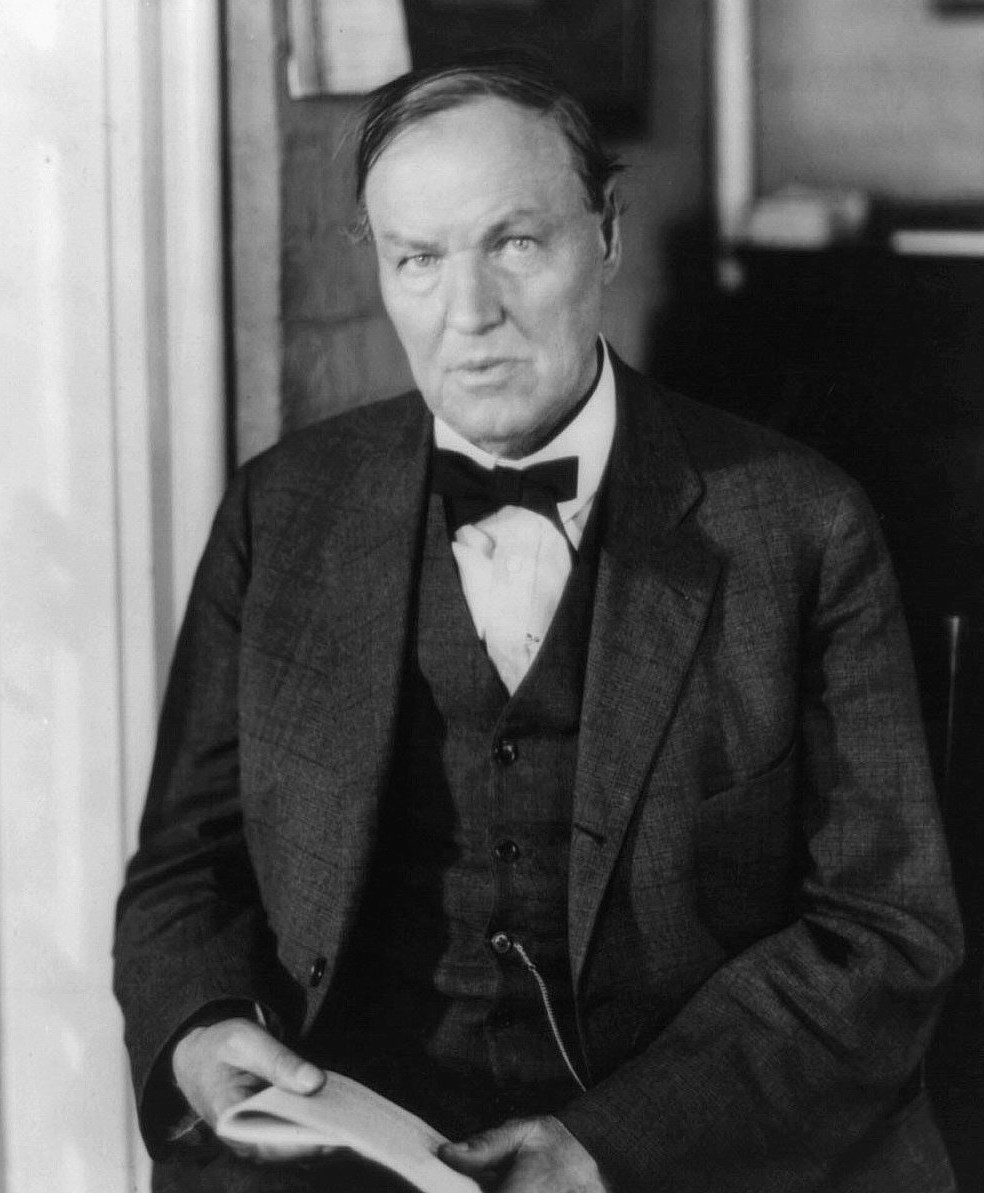
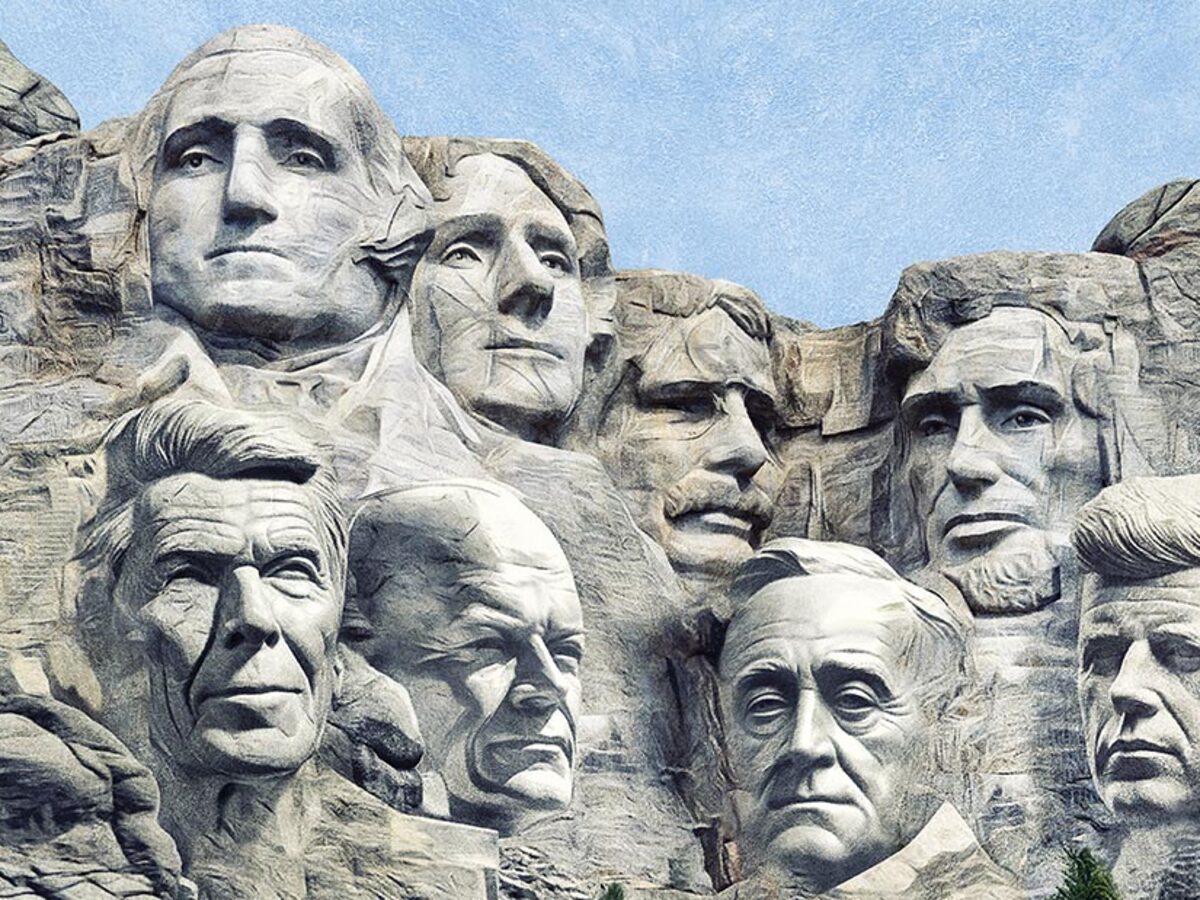


My favorite 3: integrity, honesty and leadership.